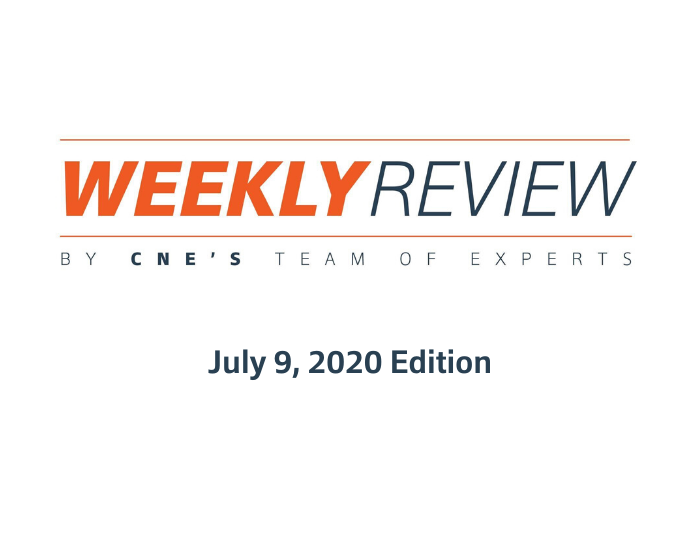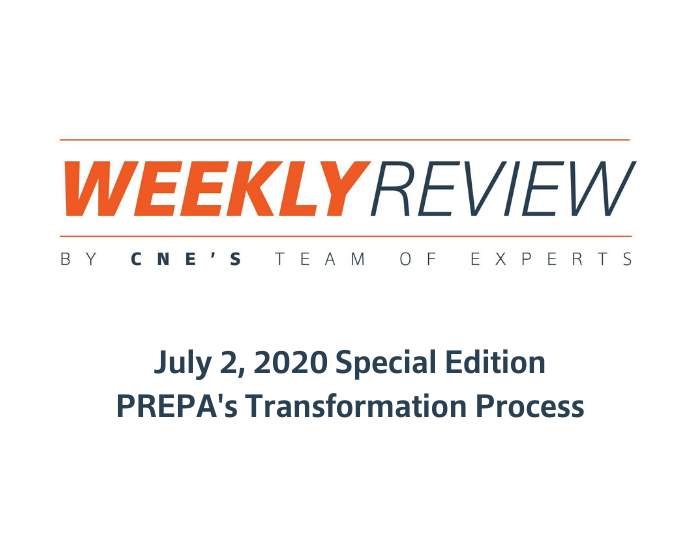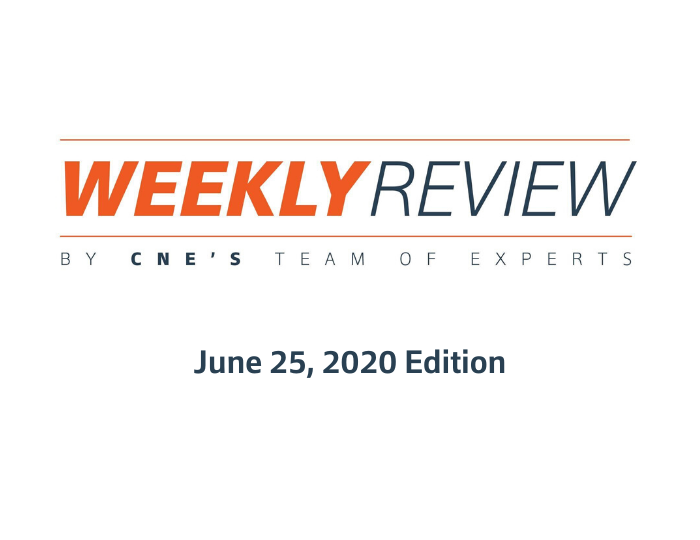Weekly Review – July 16, 2020
This week take a look at the Unemployment Compensation program in the face of the COVID-19 pandemic, the FOMB’s certification of PREPA’s fiscal plan, and the importance of making data-based decisions when assessing risk and determining how and when to open industrial sectors.





